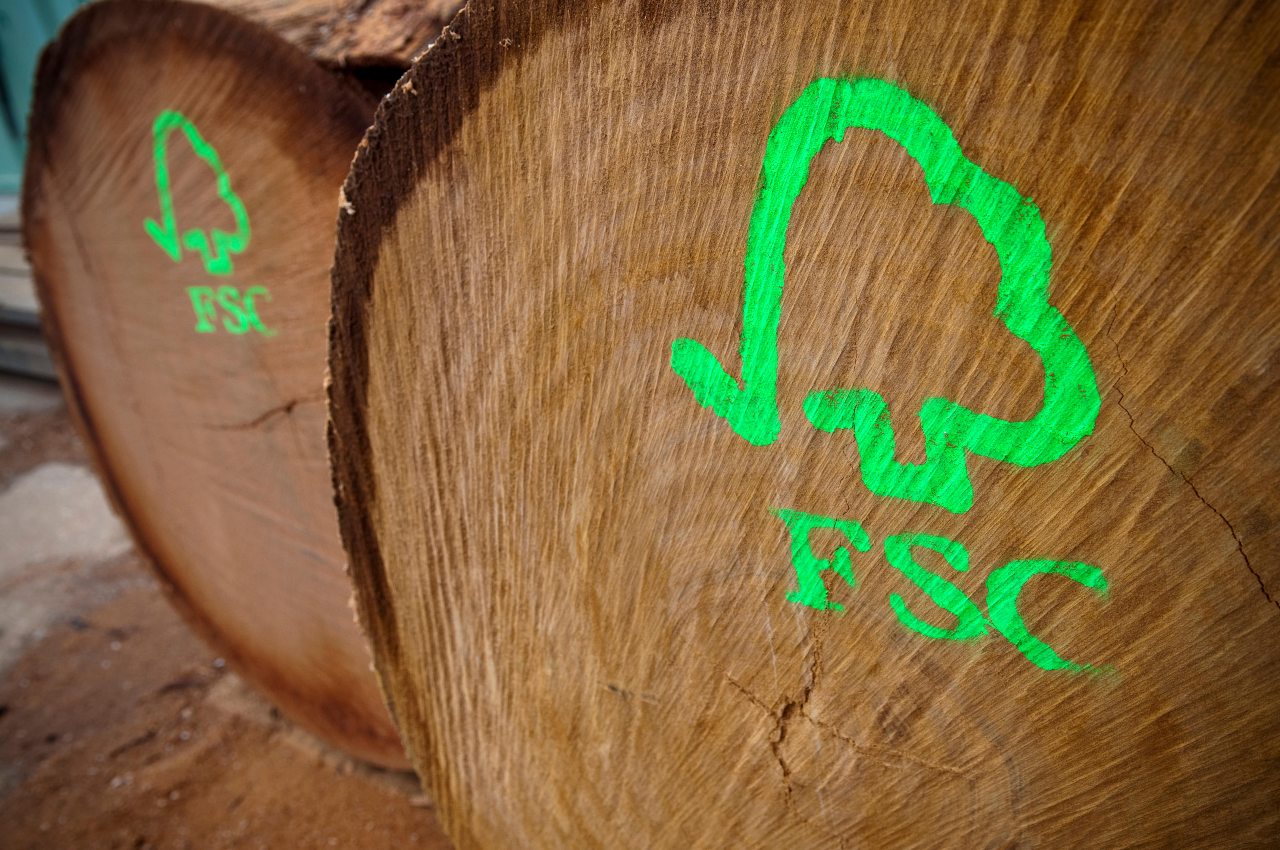An alliance of Indonesian human rights NGOs is
taking the provincial police in Riau, Sumatra, to the Central Information
Commission over its refusal to disclose the legal basis for
dropping cases against 15 plantation companies accused of starting illegal
forest fires.
The companies had been identified by the Ministry of Environment
and Forestry as potentially complicit in the fires that became a global crisis
in 2015. The forest and peatland fires generated huge volumes of greenhouse
gases and were estimated to have contributed to more than 100,000 premature
deaths.
In July, however, the
local police in Riau province issued SP3 notices, an official document
announcing that a case is closed, for the 15 companies.
The Commission for Disappearances and Victims of
Violence (Kontras) has argued that it is entitled to view the documents
outlining the legal basis for the decision to terminate the cases, under
Indonesia’s freedom of information law, the Public Information Disclosure Act
(PIDA).
On Monday Kontras told media that two formal attempts to
determine the reasoning behind the decision had been ignored by the Riau
police. The formal process under the PIDA may force the police to release
documents, but even if successful will be a lengthy process.
Luhut Pandjaitan, a retired general and senior member of the
Indonesian cabinet, had been appointed by President Joko Widodo to coordinate a
cross-ministerial response to the fires. After the SP3 notices were issued he
expressed concern over the decision and said he would seek an explanation. The
following day he was moved from his position in a cabinet reshuffle.
In September the National Police Chief, General Tito
Karnavian, told the media that only the National Police had the right to issue
SP3s to corporations (see video below), implying the decision was not taken at
the provincial level. He attributed the decision to a lack of evidence,
indications that the fires had started outside the companies’ concession
boundaries and spread in, and that they had occurred in community lands.
Obtaining the SP3 would enable the NGOs to verify the
evidence that forms the basis of this position.



